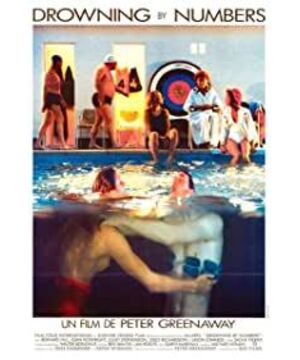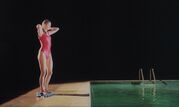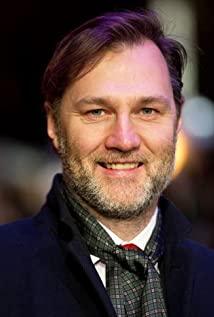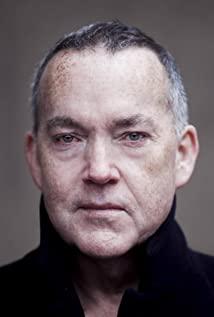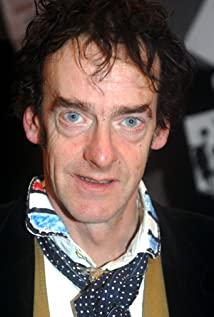The beginning of "Zoo" was a car accident caused by a swan collision. The wives of twin brothers who worked at the zoo were killed. After experiencing the pain of losing their wives, the brothers understood the impermanence of life, and became angrily obsessed with decay, which is the continuation of death. Harvesting crops, picking fruits and flowers, even if the plants that have left the soil are still abundance, they are just lingering; the decay of the animals is even more shocking. Yesterday was alive and fragrant, and today is boneless. The dying living things in the zoo became samples. The brothers used cameras to collect various forms of decay, and "decay" almost became their apocalypse. The enthusiasm of the brothers was still consumed by a legless woman: she survived a car accident and only had one leg left. Because of her loneliness, she saw off the other leg sturdily. The legless woman also gave birth to twins for the brothers, and after her death, they fervently yearned for her corpse and a glorious decay. But the legless woman broke her promise. She left her body to another legless man. She wanted to be buried instead of displayed. The brothers couldn't get the corpse, so they committed suicide by taking poison in front of the camera, leaving the decay to themselves.
The grandmother drowned the joy-seeking husband in the bathtub; the daughter drowned the impotent husband in the sea; the niece drowned the land-duck husband in the swimming pool-to find the motive for the murder in "Drown One by One" is undoubtedly Touch the elephant. Killing is expressed in the film as a habit and irreversible will, even as a ritual. But after all, the murderer cannot escape justice. How to cover up the crime of murder is the theme of this film: three women named "Cici" must rely on the local coroner Margit to give false testimony. The paradox is that men make marriage boring and meaningless, and women who have just released themselves have to promise sexual rewards in order to seek the protection of the rules of the male world. Women’s will to kill has no normative effect. It is just a blind instinct, but this power cannot be underestimated: the three “Cici” cleverly rejected the coroner’s pursuit, and they not only used Magit to defend their own safety, Also defeated him in the final game (set by Magit), which forced him to practice the rules and sink the ship to death. The female will breaks the rules and brings death, and drowning is connected with the image of the uterus, and "death" also brings the meaning of return and circulation.
After death, decay still returns-a summary of Greenaway's two wonderful works is obviously not enough. His films are full of a lot of metaphors and symbols, which can withstand many interpretations and scrutiny. This is what the director is proud of. However, although his way of expressing death is admirable, it does not move people. "Death" is highly abstracted. He has no interest in specific people. He doesn't love his protagonist. He calls the twin brothers "animal behavior." "Fighters", and the three women who killed their husbands are just Leviathan monsters in the water. Greenaway devoted his observation enthusiasm to the protagonists but did not have the slightest pity. Although he created almost the same beautiful light and shadow as the Dutch school, it was only visible and godless, and the sacredness of light no longer existed. In Rembrandt's paintings, the light of death is also the light of comfort and transcendence, but the light of Greenaway is only the light of machinery in the barren age.
Greenaway is indulged in the elegant and skilful technique of expressing barrenness. He uses a kind of craftsmanship to sculpt triviality and decline, decay and death. His films always reveal a showy that is not out of ostentation, which is both fulfillment and corrupt. ——Fulfill his impeccable film aesthetics, but ruin his acumen and ability to face reality. This cannot but be a pity. As a kind of compensation, Greenaway set up a large number of "symbol games" in the film, letters, numbers, and riddles. These things bind the story and shroud the interpretation of the film like a spell, predicting life and death. The image of death itself is perfectly embedded in the image network, leaving no surplus. Therefore, the death shown by him is no longer meaningful, it is just a gesture, posing a weak reflection of mysterious light.
View more about Drowning by Numbers reviews


